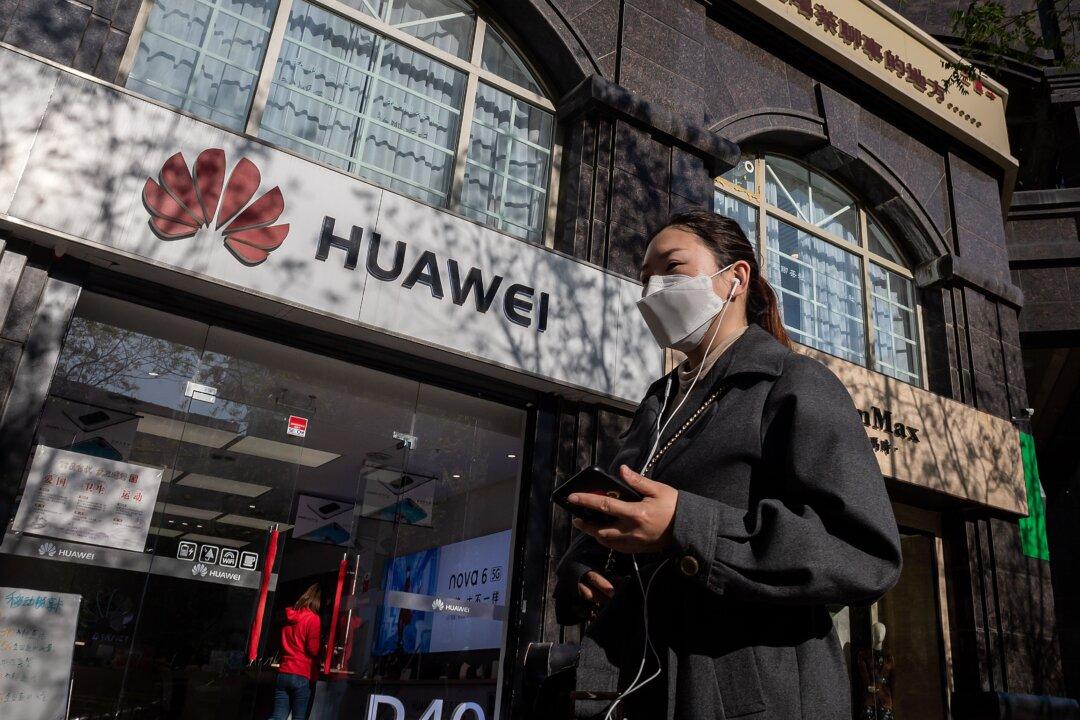The Trump administration on May 15 announced plans to block Huawei from obtaining semiconductors from global chipmakers made with U.S. technology, the latest move to clamp down on Chinese tech firms that pose national security risks.
The U.S. Department of Commerce said it was amending an export rule—known as the foreign direct product rule—to “strategically target Huawei’s acquisition of semiconductors that are the direct product of certain U.S. software and technology.”





